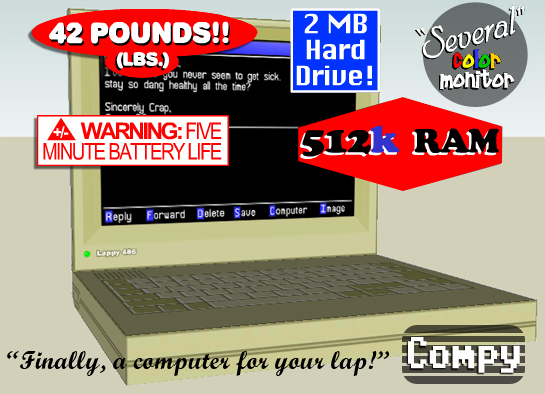

I worked in customer service escalations for a large company. We had a couple of dedicated people who handled inquiries on complaints sent to the AG, skipping several tiers of support if someone from the AG’s office asked about it. Usually it was some bored office adminstrator who’d share the customer’s complaint and await a response from the company and make sure everything was above the board, and largely exist as a mediator between the customer and the company. Involving the AG is a very good step to take in a customer service failure on any kind of order/RMA problems, especially if you’re out money



That was Logan Paul, and actually the Paul brothers’ antics actually greatly delayed Pewd’s immigration as the Japanese government actually stopped granting new visas to any social media personalitiws for some time after the Paul incidents.
If I remember correctly he wasn’t able to immigrate until mid-2020 thanks to the Paul Borthers’ lack of respect for anyone